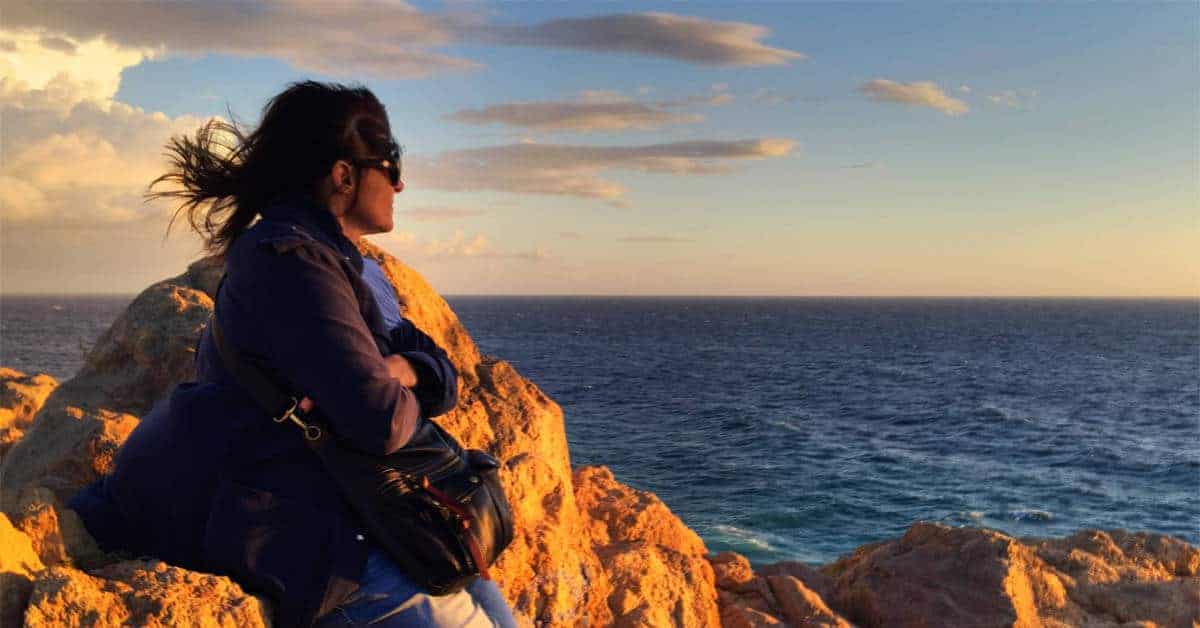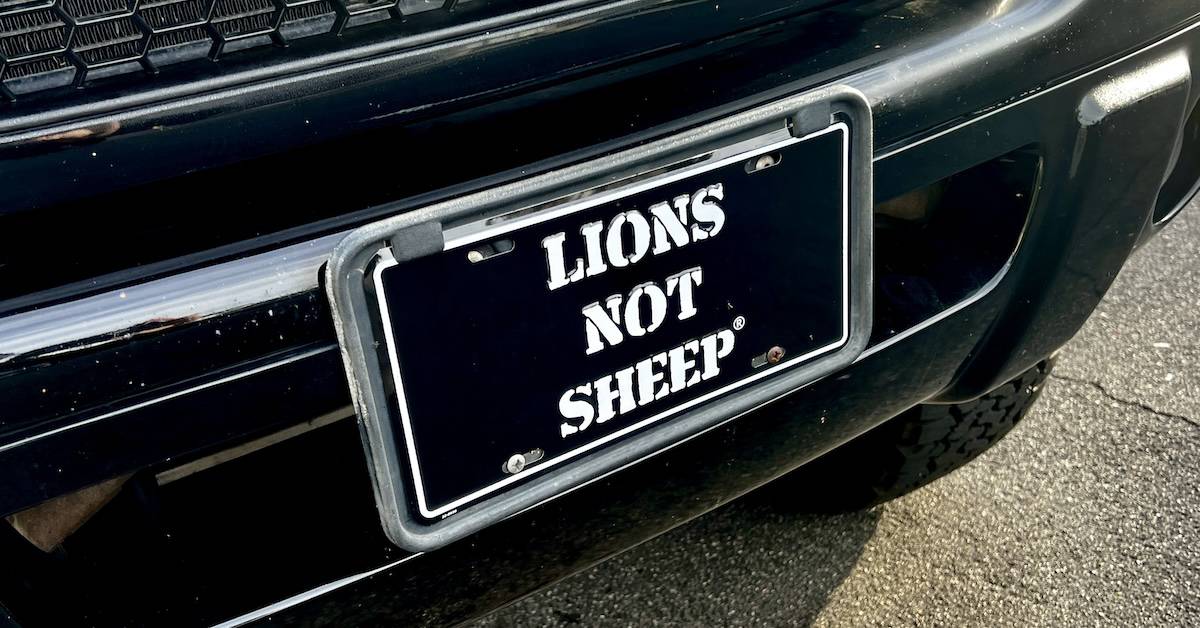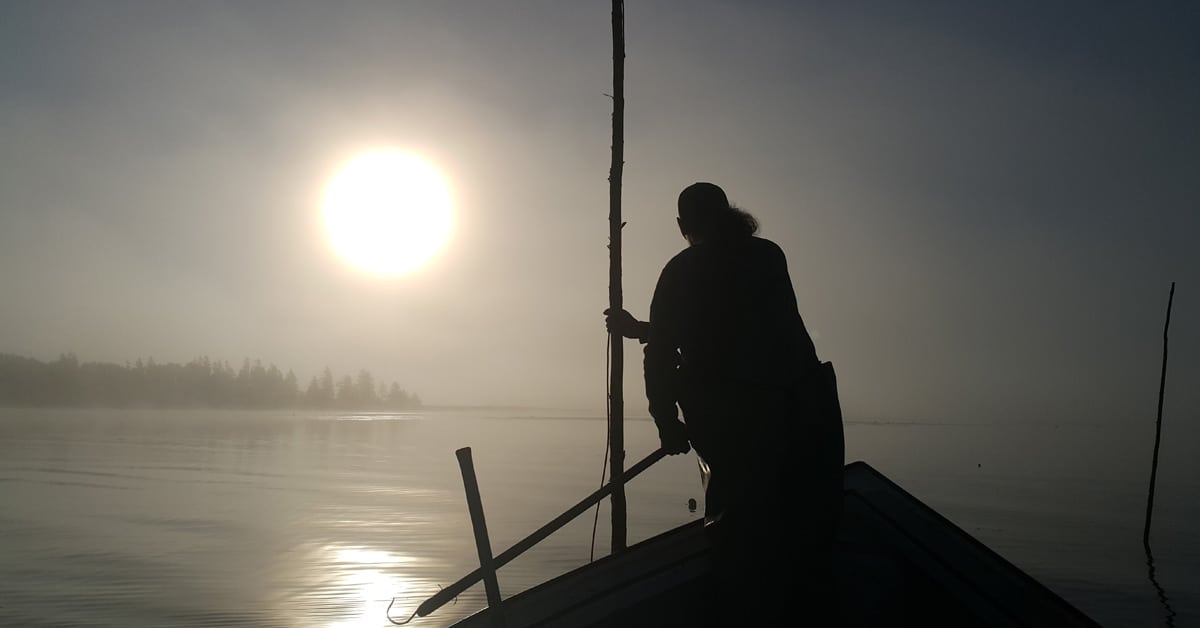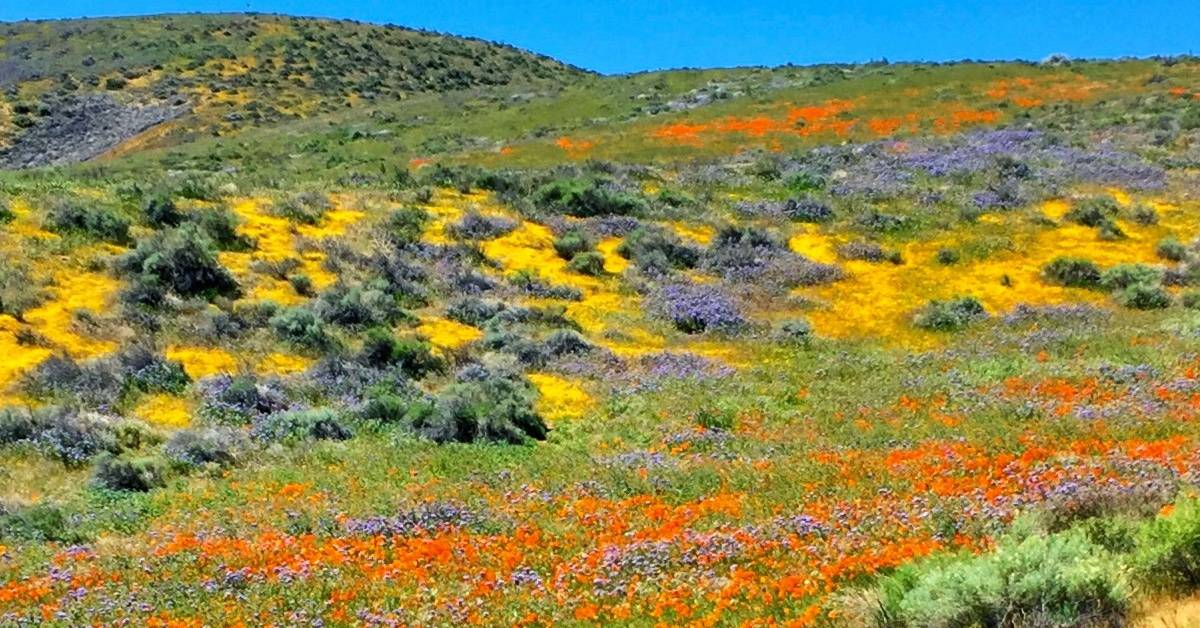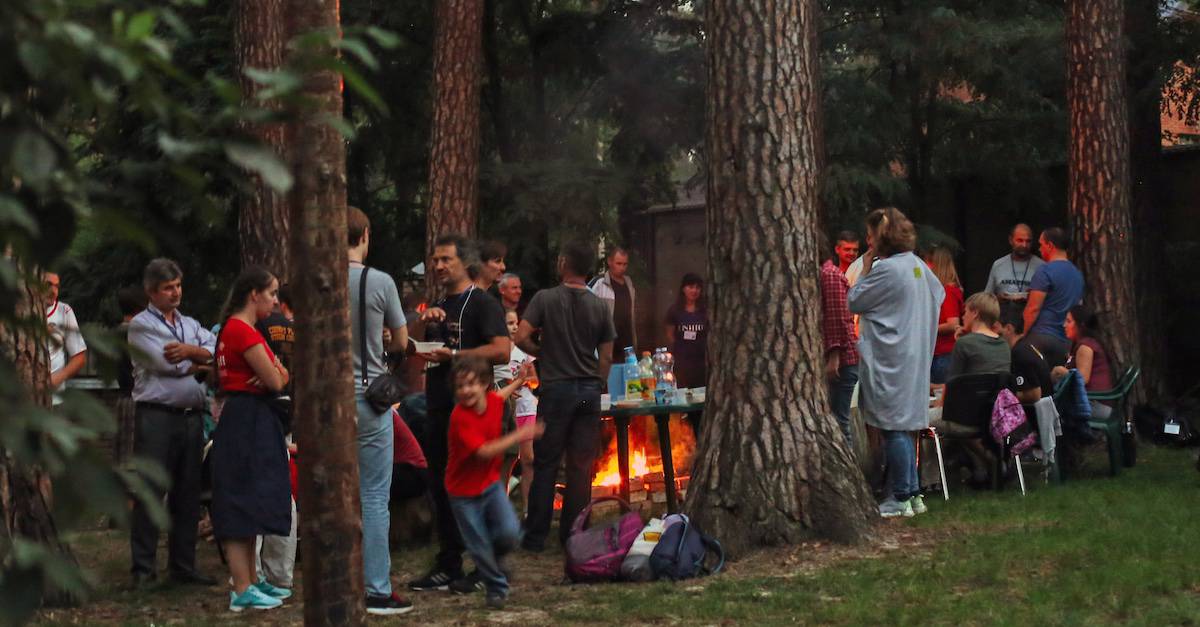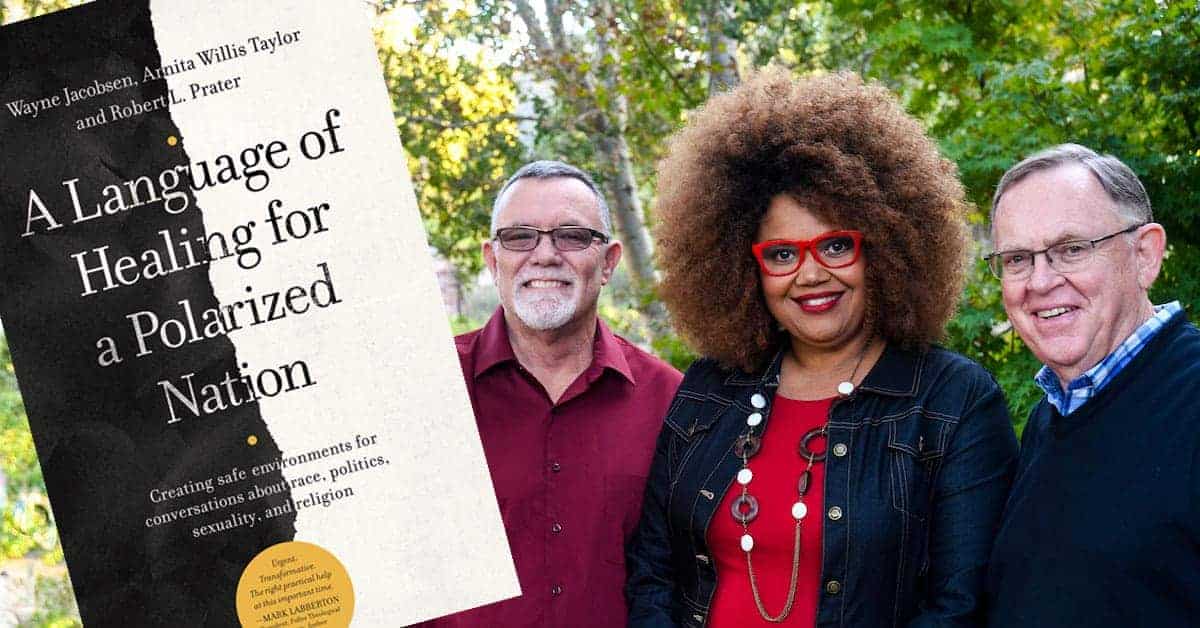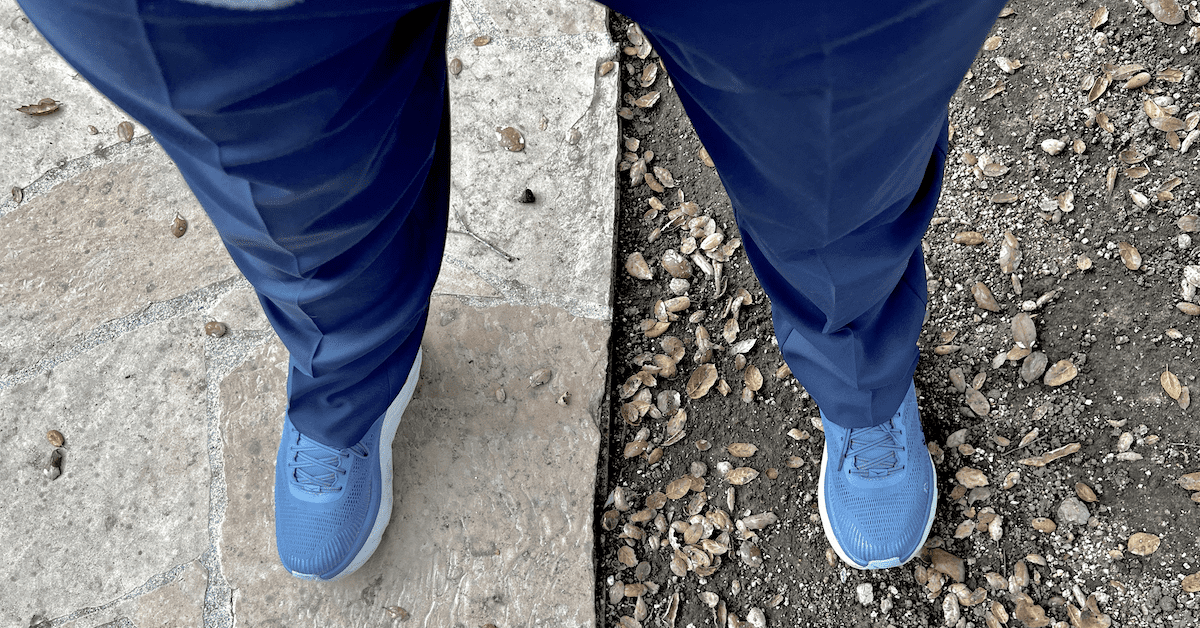I was asked last week how I was praying about the current strife in the Middle East. That would have been far easier for me to answer a few decades ago when my world was conveniently divided into a home team and an away team.
God loves the home team and those who acknowledge him. I could pray with passion for God to alleviate their suffering. God hates the away team, and we can pray down his vengeance on them, which gave me false comfort in our anger and helplessness. At least, that’s what I was taught.
Of course, I was on the home team as a passionate, evangelical Christian. Those who believed in the God, I thought, shared that team with me. Those that didn’t were on the away team, and my, oh, my, was God angry at them. (Or was it only me?)
Directing the hateful passages in the Psalms against those I perceived to be God’s enemies was easy. You know, the ones—praying for the devastation of his enemy and their kin, even that their grandkids would be plagued with boils. As I grew up, the away team grew larger over time. Originally, heathens were on the list—atheists and the like. But with time, the team expanded to include communists, socialists, Catholics (for some reason), Muslims, Democrats, dictators, cultists, liberals, people who refused to work, even complacent Christians who didn’t work as hard as I did or those who didn’t believe the same things I did.
Dividing the world into a home team and an away team gave me an easy way to route my grief and fear in times of tragedy. Suffering was not indiscriminate but God’s punishment for not living their lives the way he wanted. It’s not so far a step from there to believe that the pain itself proves you’re God’s enemy. Then, what do you do when you thought you were on the home team and disaster still strikes? Your faith gets rocked!
I no longer believe any of that. Love has been teaching me how misguided I was. God’s heart breaks for the whole of humanity, for those who know him and those who don’t. Today, he holds the same grief for the Palestinian mom mourning her child as he does for the Jewish mom grieving hers.
I don’t write this to discount the horrible evil people bring into the world. The attack in Israel was particularly horrific and depraved. The nature of evil that incites people to torture or terrorize innocents is a scourge on our humanity, and the weapon dark forces wield to wreak havoc on the planet.
As horrific as that is, I’ve been invited to a different kingdom where love defines our responses, not vengeance or righteous indignation. Just how did we think Jesus would tell us to love our enemies and think God gets to hate his?
No, I write this to answer how I’m praying into this crisis. Honestly, I’m still holding space with God, tasting his broken heart for the human-on-human violence that consumes our planet. I see his pain when Jesus wept at Lazarus’ tomb and when he offered “loud cries and tears” to his Father. He feels the suffering of this world at a depth we can’t begin to imagine. He doesn’t delight in it. He’s not its cause; he is its remedy.
And here, I’m not talking just about the attack on Israel but all the conflicts and disasters in the world. The world is hemorrhaging blood everywhere—in Ukraine and Syria, cartel battles in Mexico, tribal violence in Africa, and despicable dictatorships in South and Central America. Who knows what happens in Russian, Chinese, and North Korean prisons or even our own? There are murders, famines, earthquakes, floods, and fires around the globe destroying people, along with the torment of disease, abuse, sexual assault, and slavery.
How does God hold all this pain?
I’m just beginning to learn as I sit with him and gaze at the news through the eyes of God and wonder what agony he endures as the Father of this Creation. Nothing wounds a father more than to see his children seek to destroy each other. I’ll let my prayers rise from there, and right now, I’m still holding that space with him.
What does it mean to God for us to hold a small measure of his pain? Perhaps it gives him voices on earth who can reflect his heart as well as his truth. Maybe the “fellowship of suffering” comforts him in the same way it comforts us. I’m not sure, but I do know one thing: Jesus wanted some of his friends to hold his pain with him in Gethsemane on the night of his trial and the eve of his crucifixion. They couldn’t offer it that night, but we can today.
What does it do for him? I’m not quite sure, but it is cleansing to my soul. Over the past two years, it has changed my life, my viewpoint of others, and how to find the redemption story in the unfolding realities of our ever-darkening world. It saves me from giving into anger and vengeance and finding a place for love to thrive in my prayers and my heart.
As the earth moves relentlessly towards its inevitable conclusion in Christ, we can partner with him by holding his pain and praying to advance his purpose in current events. If I don’t see reality through his eyes, I’m only left to offer up fruitless requests for my own comfort or my agenda in the gathering darkness. I’m convinced God wants an army of praying people fixed on his purpose instead of their gain.
How do I hold pain with God? I sit (or walk) with him. I gaze at the circumstance that concerns me, contemplating what he must feel. I wait until I have a sense of that. Sometimes, it takes days or weeks, and I repeatedly ask him to show me his heart in that space.
As I get a glimpse of his heart, I reflect on the emotion or insight growing in my heart. I reflect on his power and wisdom and that everything is in his hands. I remind myself that the God I’m holding space with is not alarmed or disturbed. And I also look beyond the pain to the refrain of his glory seeping through. He’s the Redeemer in this story and will have the last say on everything.
I don’t try to fix his pain or offer my ideas for a way out. I just hold my heart with his and see what comes.
How did I learn this? Two places. First, in letting him hold my pain without the angst of having him fix it the way I want. I gain wisdom and courage when I find his comfort and wisdom more significant than my desire to stop the pain. Second, in holding the pain of others by sitting with them in their agony, grief, or disappointed expectations as we look for God’s revelation of himself. I don’t try to fix them either with my wisdom or for my own comfort.
I’m not naive enough to think I hold the fullness of God’s agony. No doubt it would kill me. But to have just the slightest taste of what he might feel changes everything—my feelings, perspectives, and hopes.
Most of all, I have come to learn that God’s love doesn’t discriminate between the home team and the away team. He loves us all at the core of his being and will do whatever we allow him to do to heal our hearts and win us into his freedom. Many will reject that, of course, but he never stops knocking at their heart, holding them in with deep passion and sometimes agony.
And when I know my Father hurts, I want to be with him, seeing what he sees and feeling what he feels.
I would not have wanted to miss this part of the journey. All my other attempts at prayer seem so meaningless now.
____________
For more on holding God’s pain, see our recent podcast on The Fellowship of Suffering.
We stream them live on my Facebook Author Page for those who don’t want to be in the Zoom discussion, and you’ll find our previous conversations there.




